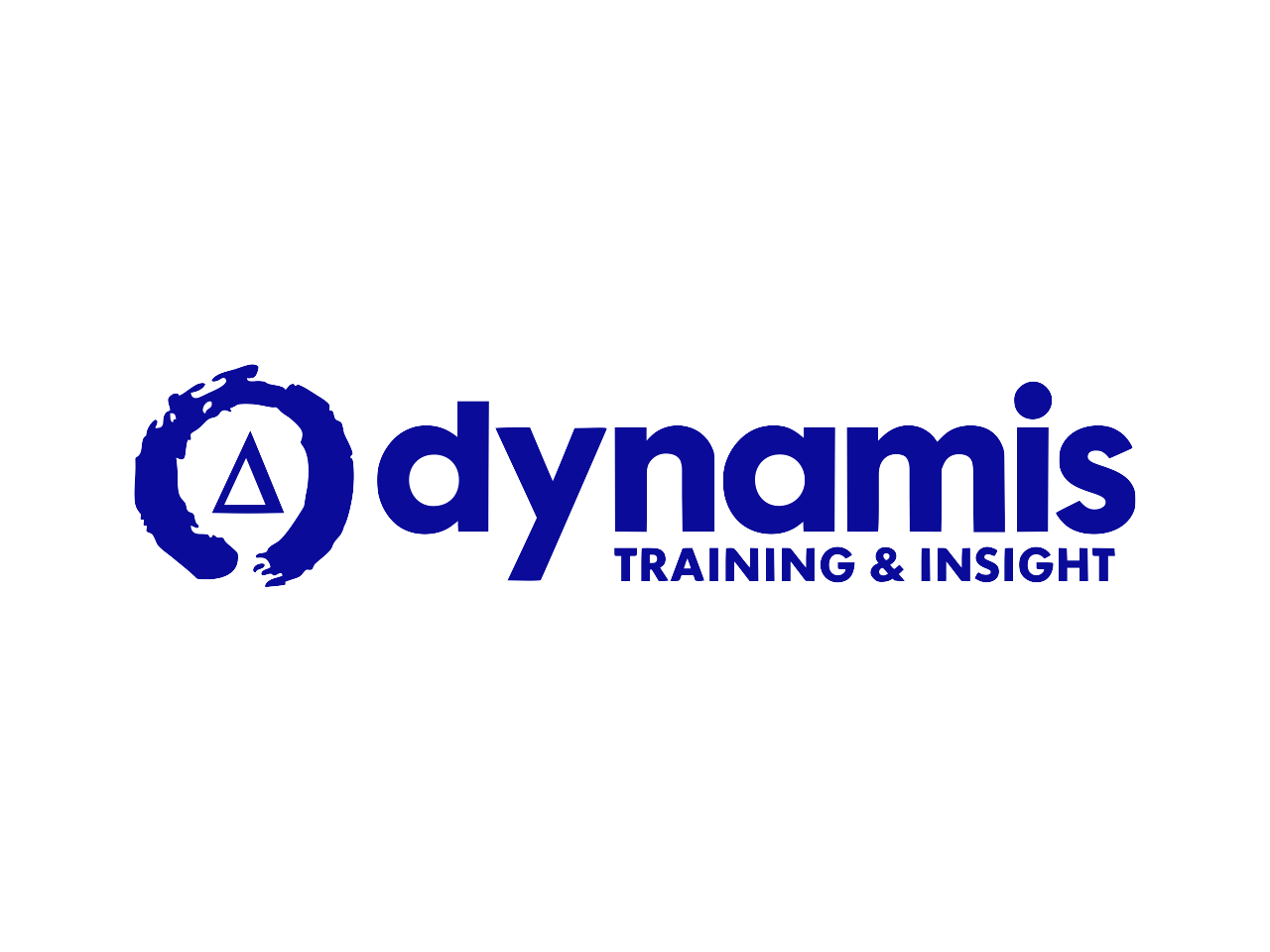Deescalation for Hospital Administration, Portering, and Domestic Staff
Working in a hospital can be a high-stress environment, with patients and family members who may be anxious, frustrated, or upset. This can lead to conflicts that can escalate quickly if not managed effectively. For this reason, it is essential that hospital administration, portering, and domestic staff receive deescalation training to help them manage difficult situations effectively.
What is deescalation training?
Deescalation training is a type of training that teaches individuals how to recognize the early signs of conflict and how to take action to prevent it from escalating further. The training focuses on techniques for effective communication, active listening, and conflict resolution. It also covers how to manage emotions during conflicts and how to stay calm and focused in difficult situations.
Why is deescalation training necessary for hospital staff?
Hospital staff, including administration, portering, and domestic staff, may encounter difficult situations when dealing with patients and family members. This can include patients who are in pain, anxious, or upset, as well as family members who are worried about their loved ones. When patients or family members become upset or angry, they may become confrontational with staff, making it difficult to provide the necessary care.
Deescalation training is necessary for hospital staff to help them manage difficult situations effectively. The training teaches staff how to recognize the early signs of conflict and how to take action to prevent it from escalating further. It also provides staff with the necessary skills to communicate effectively, listen actively, and resolve conflicts peacefully.
Benefits of deescalation training for hospital staff
Deescalation training provides a variety of benefits for hospital staff, including:
- Increased safety – Deescalation training can teach staff how to recognize and manage aggressive behavior, reducing the risk of physical harm to staff and patients.
- Improved patient care – When staff can manage difficult situations effectively, they can provide better care to patients, leading to increased patient satisfaction.
- Increased staff morale – When staff feel confident in their ability to manage difficult situations, they are more likely to feel satisfied with their job and less likely to experience burnout.
- Reduced liability – When staff are trained to manage difficult situations effectively, it can reduce the risk of legal liability for the hospital.
What does deescalation training for hospital staff entail?
Deescalation training for hospital staff typically involves a combination of classroom learning and hands-on practice. The training may cover topics such as:
- Recognizing the early signs of conflict
- Effective communication techniques
- Active listening skills
- Conflict resolution strategies
- Managing emotions during conflicts
- Staying calm and focused in difficult situations
The training may also include role-playing exercises to help staff practice their skills in a safe and controlled environment.
Conclusion
In conclusion, deescalation training is essential for hospital staff, including administration, portering, and domestic staff, to manage difficult situations effectively. The training provides staff with the necessary skills to recognize and manage conflict, communicate effectively, and resolve conflicts peacefully. By investing in deescalation training, hospitals can create a safer and more positive environment for staff and patients alike. It is crucial for hospitals to prioritize deescalation training to ensure the safety and well-being of everyone in the hospital.
